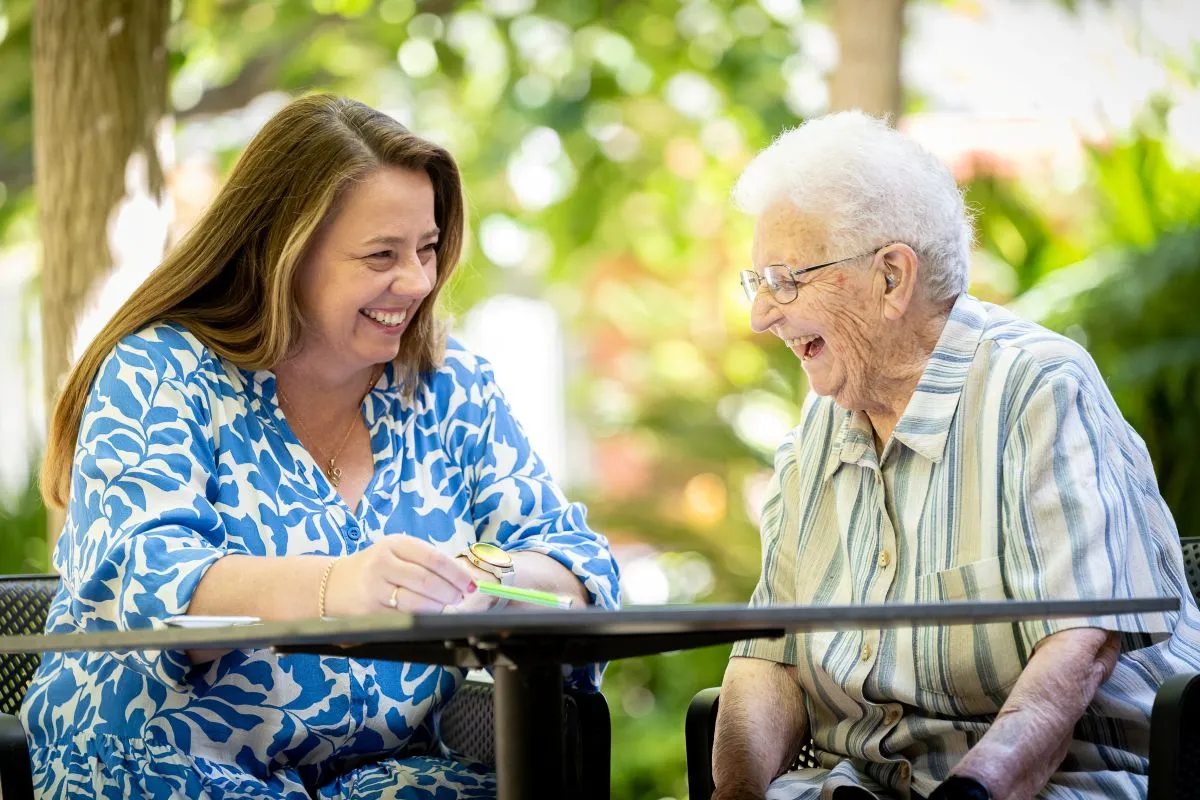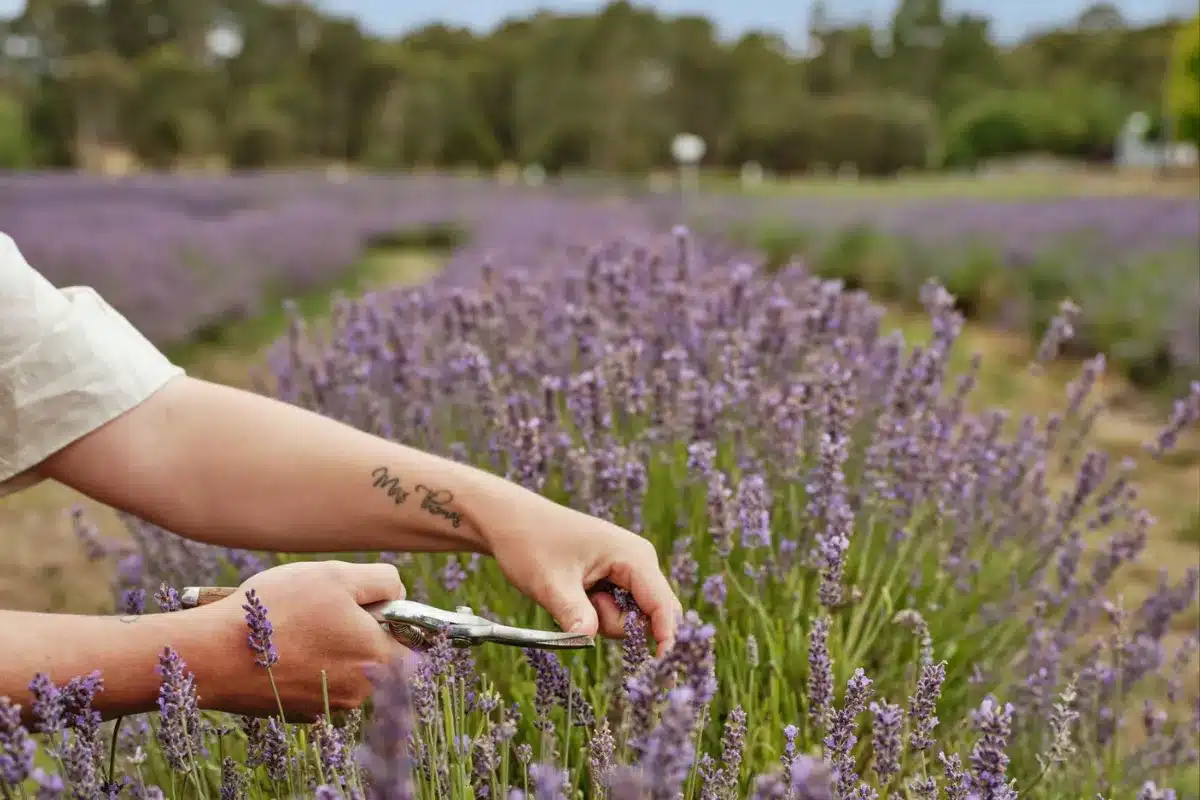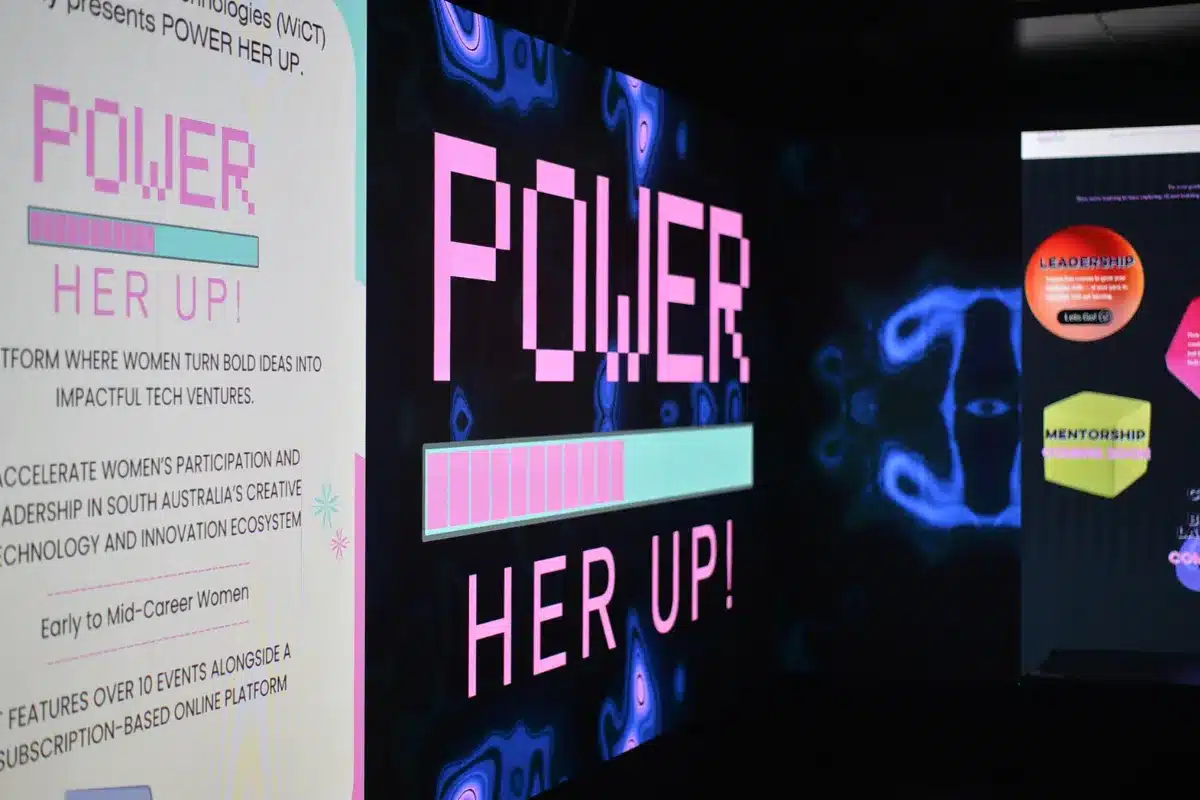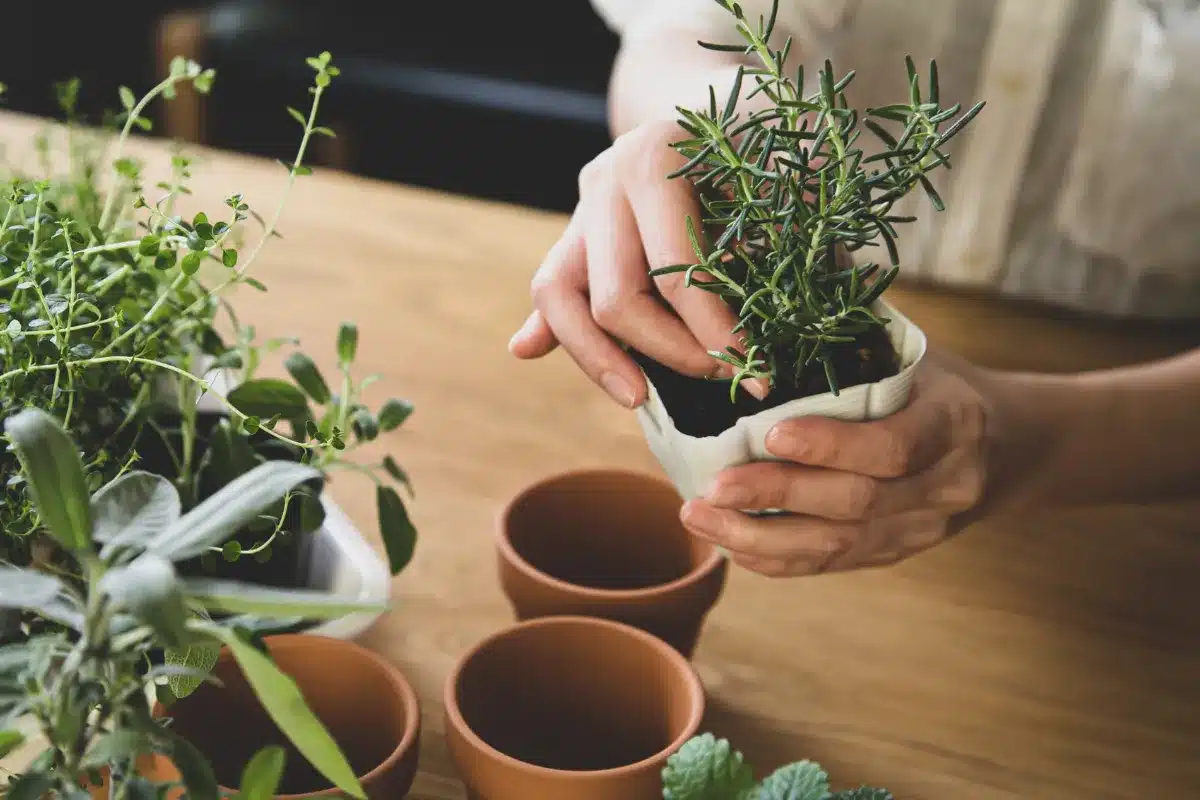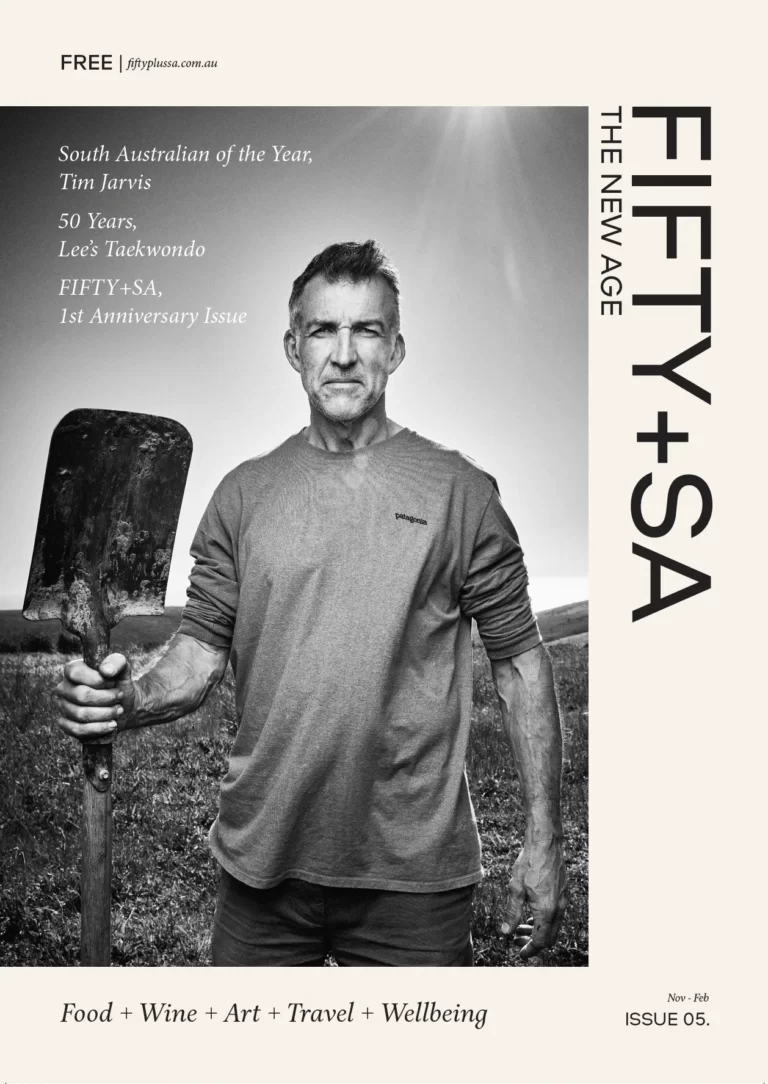Help with day-to-day tasks such as hanging out the washing, preparing meals, allied health therapies, general home and garden maintenance can make a big difference on our quality of life.
Helping Hand recently launched their Aged Care Connector service, offering personalised guidance to people looking to understand what services are available to them, and how to access them.
We sat down with Mel Bassham, Aged Care Connector with Helping Hand, to discuss some of the common challenges and misconceptions about aged care. Here Mel shares her expert advice and insights on how to navigate the system, debunks common myths, and highlights the key factors to consider when choosing home care services.
Q: Firstly, how does the Aged Care Connector service work?
A: Our Aged Care Connector service assists South Australians to access the right care and support to remain living independently and safely at home as they age.
Everyone’s situation is different, so I’m here to help people work out the right care and support for their needs.
After an initial phone chat I will arrange a time to meet, either face to face or over the phone, to find out more about the person’s individual needs and goals. We then work on a plan for what is best for their situation – this could be contacting My Aged Care and assisting with registering to access government-funded support, or helping to set up services paid for privately through the Elevate program by Helping Hand.
Q: What are some common misconceptions people have about accessing home care services?
A: The most common misconception I hear is that people think they’re not eligible to access help at home. Depending on your circumstances or need, there are various options to access support at home whether it is Government funded, or privately funded services through an aged care provider such as Helping Hand.
Q; What about the barriers, do you find there are frequent concerns which prevent people from getting home services?
A: A lot of people think if they have an aged care assessment they’re going to be forced into services, or even sent to a residential care home. That’s just not the case, once you have had an assessment it’s completely up to you what services you would like to access, and when you would like them.
Some people are also concerned about strangers coming into their home, whether it be for cleaning, personal care, or even to deliver nursing services or allied health support such as physiotherapy. All of our staff are experienced, qualified and friendly and we find that our clients often build beautiful friendships with our staff, and look forward to their visits.
Q: If you could give people considering home care services one piece of advice, what would it be?
A: We often hear from people once they have reached out for help that they wish they had done it sooner. A lot of people feel like accessing services will lead to a loss of independence, whereas in reality having some help actually enables them to maintain their independence. You have nothing to lose by at least having a conversation, and finding out what support could be available to you.
Another piece of advice is to make sure you give the assessor a realistic picture of your day to day life, and share your ‘worst day’ so that they get a clear understanding of your support needs. It’s also a good idea to have a support person with you during your assessment, whether it’s a family member or someone like myself.
For more advice on all things aged care, tune into Age Old Problems: New Aged Care, a podcast by Helping Hand. Authentic, relatable conversations about aged care from the people who work or receive services from Helping Hand. Episode One: Navigating Home Care, includes some useful tips for those looking to get started.
Helping Hand is a not-for-profit organisation which has been proudly offering help and support to older South Australians for more than 70 years.
To contact the Aged Care Connector service, call 1300 444 663 or email connect@helpinghand.org.au

